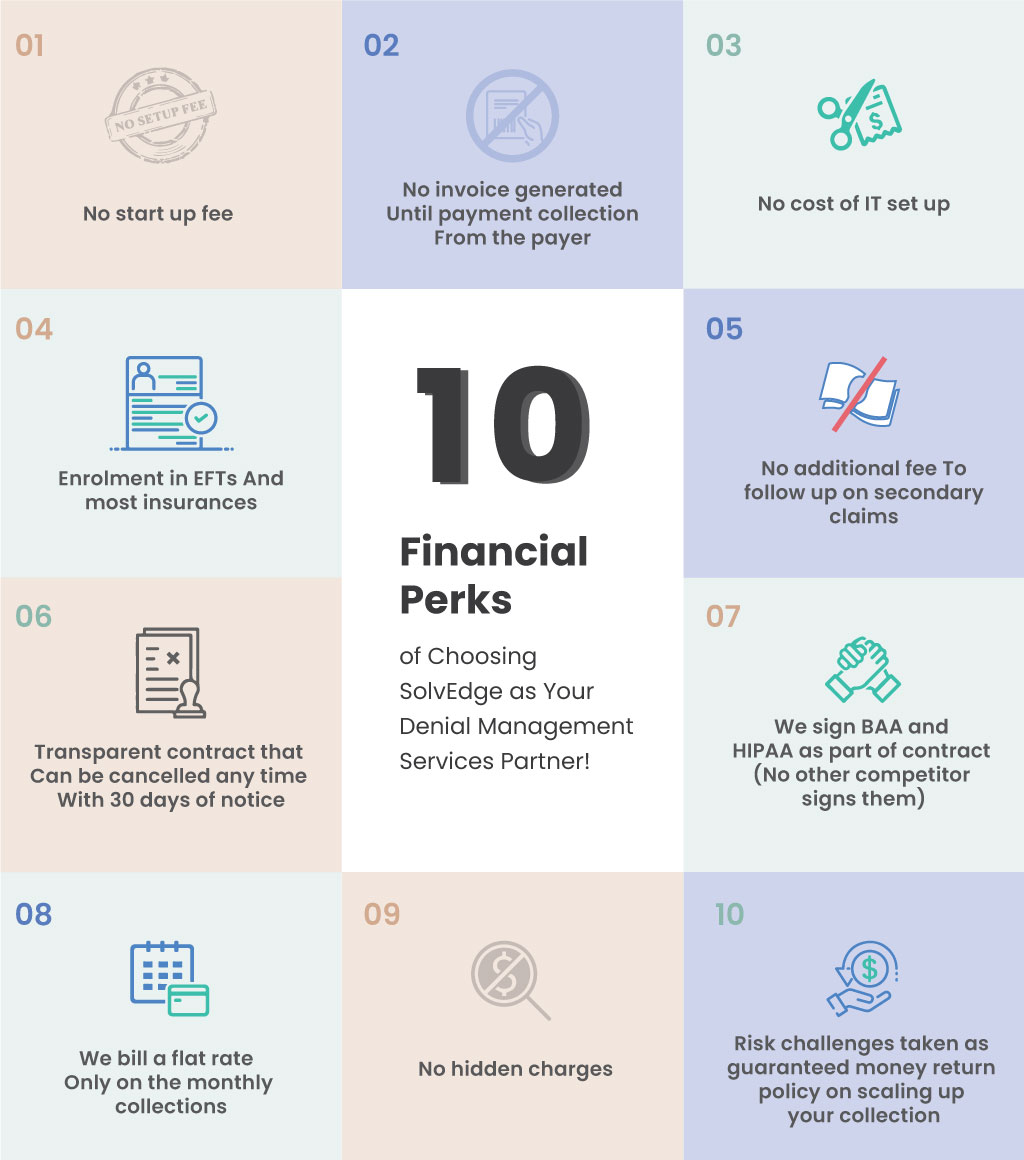Denial Management
5 Common Denial Management Questions & Their Answers

Blog
5 Common Denial Management Questions & Their Answers

There’s been a whopping 20% increase in claim denials in the past five years. The global pandemic has only made this trend worse. The sudden spike in denials have put over 33% of Hospitals and Medical Practices in danger zone, creating massive pressure on especially independent Practices.
There’s been a whopping 20% increase in claim denials in the past five years. The global pandemic has only made this trend worse. The sudden spike in denials have put over 33% of Hospitals and Medical Practices in danger zone, creating massive pressure on especially independent Practices. This blog outlines the current state and addresses some of the key questions of Denial Management teams in hospitals and medical practices.
Claim denials have hit record high! There has been a global surge in denial rates over the past year. These numbers capture the essence of the current trends that help device a comprehensive denial management strategy by considering various factors.
Average claim denial ratesThe average claim denial rates are between 6% and 3% |
5 years trendThere has been a 20% increase in claim denials in the past five years |
2020 Report23% increase in hospital claim denials |
33% hospitals in danger zoneAverage claim denial rates at 10% as reported by 33% of hospitals in the face of the pandemic |
| Average claim denial rates at 10% as reported by 33% of hospitals in the face of the pandemic | |
The topmost reasons for claim denials as per the 2020 report includes the following factors.
While the above checklist gives an overview of the major causes of claim denials, it’s critical that healthcare systems delve into the details and take a more holistic approach—in order to achieve longlasting benefits.
Root-cause analysis can be done for each segment of the revenue cycle process. Eligibility being the topmost reason for denials in healthcare—contributing to about 30% of the overall denials in medical billing—here’s how you can perform an in-depth analysis for eligibility denials. For instance, it may be due to the negligence of administrative staff in performing a thorough eligibility verification. To resolve this issue, you can verify the eligibility at regular intervals—once during online scheduling—three days prior to the doctor’s visit, then on the date of service, and again before submitting the claim. However, for emergency visits, patient eligibility verification needs to be handled differently at Point of Service—in a way that offers the best medical and financial advice on various care plans.
Reports suggest that claim denials could also be attributed to several other factors including—missing or invalid claims data (17.2%), pre-authorization/pre-certification (11.6%), service not covered (10.6%), medical necessity (6.6%) and so on.
An average person spends about 18 minutes to sift through medical records to find the exact information needed, while it takes less than two seconds through automated solutions. An automated framework helps relieve your staff from manual and time-intensive administrative tasks, which could be channeled towards focusing on high-risk accounts and other high-priority activities. Here’s how an automation solution simplifies your medical billing process.
At SolvEdge, we have designed our unique denial management programs to prevent denials, improve cash flow, and ultimately accelerate your revenue cycle performance. Our 4Clover Approach to Denial Management Services include Four Phases – 1.Analyze, 2.Strategize, 3.Discover and 4.Implement to ensure a holistic and a multidisciplinary approach to your revenue cycle process.

You Don’t Pay Us a Dime If… we don’t reduce your claim denial rates as promised. That’s how serious we are about your denials and prevention! But you “don’t have to bet us” on this. Here’s how you can take the challenge yourself!
Give us a Shout!
From our humble beginnings as a healthcare start-up—to becoming a full-blown healthcare-exclusive digital transformation provider, our journey has been quite a remarkable one. Today, SolvEdge is a leading-edge Healthcare services and solutions provider—trusted by 450+ Hospitals, 3500+ Physicians and millions of patients across the globe.